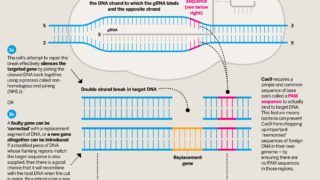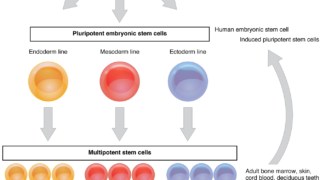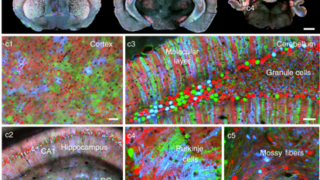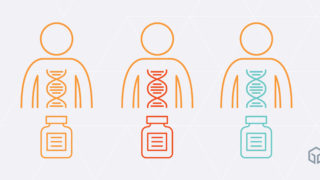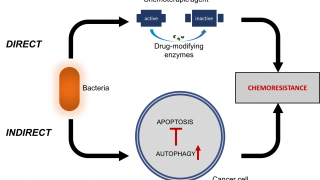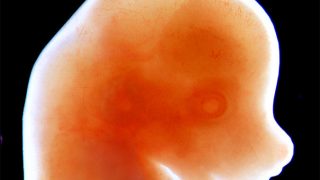
A foetus without egg and sperm?
I know it seems like an absurd question to start with: can a foetus without egg and sperm even exist? As scientists show in a recently published article in the journal Cell , at least for mouse embryos in the lab, it is not only possible, it is a reality. These researchers used EPS, short […]


